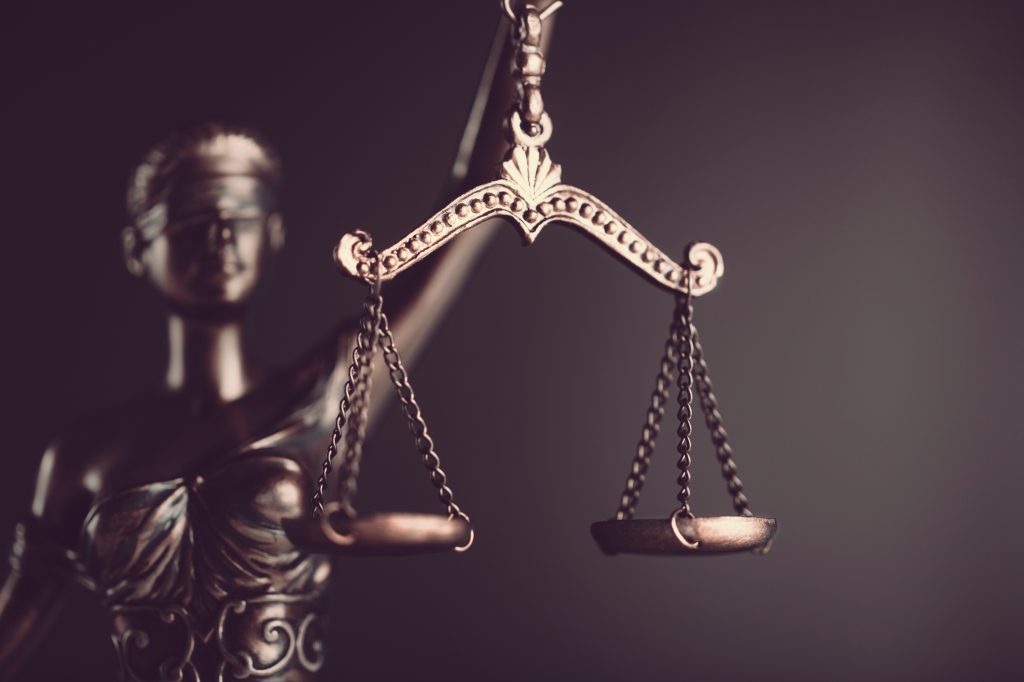Who Has the Right to Sue in Hawaii? Maui’s Rules for Filing Wrongful Death Claims

Losing a loved one unexpectedly is one of life’s most devastating experiences. When the loss is caused by someone else’s negligence—whether through a car crash, medical mistake, or unsafe conditions—the emotional and financial toll can feel unbearable. For grieving families in Maui, understanding who can take legal action and how wrongful death claims work under Hawaii law is the first step toward seeking justice.
Wrongful death lawsuits aren’t just about financial compensation; they’re about accountability and closure. However, Hawaii’s laws establish clear limits on who is eligible to file, how damages are distributed, and the timeframe within which families must act. With help from experienced Singleton Schreiber Injury Attorneys, surviving relatives can navigate these laws and ensure their loved one’s voice is heard in court.
Understanding Wrongful Death Under Hawaii Law
A wrongful death occurs when a person dies due to another party’s negligence, recklessness, or intentional wrongdoing. This can happen in a variety of circumstances, including:
- Car, truck, or motorcycle accidents
- Medical malpractice
- Defective products
- Workplace or construction site incidents
- Premises liability cases (such as unsafe resorts or rental properties)
- Pedestrian or bicycle accidents
Under Hawaii law, the responsible party can include individuals, businesses, or government entities. The goal of a wrongful death claim is to compensate surviving family members for the personal and financial losses they have suffered because of the death.
Who Can File a Wrongful Death Claim in Maui?
Not every relative is automatically entitled to file a wrongful death claim in Hawaii. The law identifies specific people who have the right to bring a case to court. These include:
- The surviving spouse or reciprocal beneficiary – They are typically first in line to file and receive compensation.
- Children of the deceased – Both biological and legally adopted children have the right to recover damages.
- Parents of the deceased – In cases where there is no spouse or children, parents may be eligible to file.
- Siblings or other dependents – In some situations, if no closer relatives exist, other family members who were financially dependent on the deceased may have standing.
Hawaii also allows the personal representative of the deceased’s estate to file the lawsuit on behalf of all eligible beneficiaries. This approach helps consolidate the claim and ensures fair distribution of any recovery among those entitled.
The Role of the Personal Representative
When multiple relatives are involved, emotions can run high. Having a personal representative file the claim simplifies the process and prevents family disputes. The representative—often named in the deceased’s will or appointed by the court—acts as the legal voice of the estate.
This person is responsible for:
- Gathering evidence of negligence
- Filing the lawsuit within Hawaii’s two-year statute of limitations
- Coordinating with attorneys and insurance companies
- Ensuring damages are distributed fairly among beneficiaries
While the personal representative files the case, the beneficiaries (such as the spouse, children, or parents) still receive the compensation awarded.
Types of Damages Available in Wrongful Death Claims
Wrongful death damages in Hawaii aim to provide both economic and non-economic relief for the survivors’ suffering and losses. Common types include:
- Medical expenses: Costs of treatment before death.
- Funeral and burial costs: Reimbursement for necessary arrangements.
- Lost income and benefits: The deceased’s financial contribution to the family.
- Loss of companionship and love: Emotional suffering of surviving family members.
- Loss of guidance and care: Especially relevant for children who lose a parent.
- Pain and suffering of the deceased: If the victim survived briefly before passing.
In cases involving extreme negligence or reckless conduct—such as drunk driving—courts may also award punitive damages to punish the wrongdoer and deter future misconduct.
The Two-Year Statute of Limitations
Hawaii law sets a two-year deadline from the date of death to file a wrongful death claim. Missing this window generally means forfeiting the right to pursue compensation, no matter how valid the case.
This time limit underscores the importance of acting quickly. Gathering evidence, obtaining accident reports, and interviewing witnesses take time, especially if the case involves corporate or government defendants. A skilled attorney ensures the claim is filed correctly and on time, preventing procedural errors that could jeopardize the family’s recovery.
What Makes Maui Wrongful Death Cases Unique
While the laws governing wrongful death are statewide, Maui’s geography and industries create distinctive risks and challenges. The island’s tourism-driven economy and scenic yet hazardous roads mean that many fatal accidents involve rental cars, tour companies, or resort properties. Determining liability in these cases can be complex, particularly when the responsible party is an out-of-state business or an uninsured driver.
Additionally, Hawaii’s tight-knit communities and shared cultural values often influence how settlements are approached. Compassionate legal representation is crucial—not just for navigating paperwork, but for honoring the memory of the person lost while ensuring fairness and respect for grieving families.
Proving Negligence in a Wrongful Death Case
To succeed in a wrongful death claim, the plaintiff must prove that another party’s negligence directly caused the death. This involves establishing four key elements:
- Duty of care: The defendant had a legal responsibility to act safely.
- Breach of duty: They failed to meet that standard (e.g., reckless driving, ignoring safety rules).
- Causation: Their actions directly led to the fatal outcome.
- Damages: The death resulted in measurable losses for surviving family members.
Attorneys gather evidence such as police reports, medical records, witness statements, and expert testimony to demonstrate these points clearly in court or during settlement negotiations.
Why Families Choose to Pursue Legal Action
For many families, filing a wrongful death claim is about more than compensation—it’s about accountability. Legal action can help uncover the truth behind an accident, reveal unsafe practices, and push companies or individuals to adopt better safety measures.
Pursuing justice also helps families find closure. While no amount of money can replace a loved one, holding the responsible party accountable can ease the emotional burden and secure financial stability for those left behind.
How Legal Representation Makes a Difference
Wrongful death cases are emotionally complex and legally demanding. Insurance companies often attempt to minimize payouts or shift blame. A qualified attorney protects the family’s interests, handling negotiations and ensuring that every aspect of the claim is properly supported by evidence.
In Maui, working with a law firm familiar with local courts, judges, and regulations offers an added advantage. Attorneys experienced in Hawaii law understand how to navigate the nuances of the system and advocate effectively for grieving families seeking justice.
Moving Forward After a Devastating Loss
Losing a loved one is hard. Knowing your rights can help you heal. In Hawaii, the law lets surviving family members seek justice and financial support when someone dies due to negligence.
Working with caring legal professionals can honor your loved one’s memory while protecting your future. The journey may be tough, but support can bring closure and peace of mind. No one should go through this alone, and the law ensures those left behind are not forgotten.



